Only logged in customers who have purchased this product may leave a review.
Products
- Home
- /
- Shop
- /
- By Subject
- /
- Social Studies
- /
- By Grade
- /
- 9th-12th
- /
- Government
- /
- Electoral College | Informational Text
Electoral College | Informational Text
$1.50
Help your students understand the Electoral College and how it functions in the democratic process of electing a United States president. This resource explains the process, how electors are chosen, how many electors represent each state, what happens on election day as well as January 6th, the amendment that implemented the Electoral College and more.
After students read the passage, they will answer 7 multiple choice, 1 true/false and 2 short answer questions. Answer key provided.
Flesch-Kincaid Grade Level: 5.91
Fry Readability Grade Level: 6
Related products
-
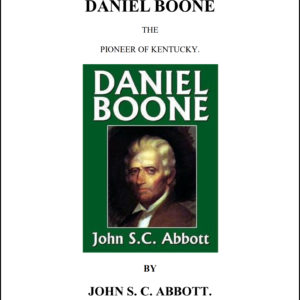 $2.50Buy Now
$2.50Buy NowDaniel Boone is regarded as the first real American folk hero. Without his cunning bravery, settlement west of the Appalachians may not have been made possible for years. Boone’s Wilderness Road, which is still used today, helped bridge the Cumberland Gap, granting access to the state of Kentucky from Pennsylvania.
Thanks to the writing of John S. C. Abbot, the life and genius of Boone can truly be appreciated through Daniel Boone: The Pioneer of Kentucky. Find out just how Boone crafted his Wilderness Trail, what he did to make it happen, and how he overcame the struggles of life in late eighteenth century America.
-
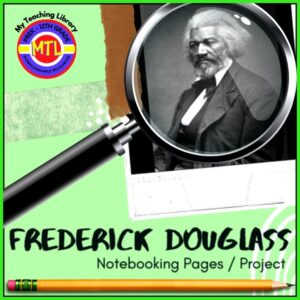 $3.00Buy Now
$3.00Buy Now✏️A student-centered resource to help students learn and practice research skills, report writing, project and presentation skills.
Students will use this project-based unit to learn about and report on Frederick Douglass. Frederick Douglass was an American social reformer, abolitionist, orator, writer, and statesman. After escaping from slavery in Maryland, he became a national leader of the abolitionist movement in Massachusetts and New York, gaining note for his oratory and incisive antislavery writings.
✏️This notebooking project unit can be assigned individually or within cooperative groups. Use it within a Language Arts classroom or a Social Studies / U.S. History classroom. Very flexible and cross-curricular! After completing the written portion of this resource, you can grade it (or) assign students to do an oral and/or audio-visual presentation based on their findings/work.
✏️What is in this resource?
- Student instructions for using biographical notebooking, project pages
- Suggested research questions
- Student notebooking, project pages (includes covers, KWL, reference recording, report writing, and more)
- Teacher pages (instructions, assignment, evaluation)
-
 $4.00Buy Now
$4.00Buy NowAn engaging writing center resource that students will love to use! Materials include:
- Center Title & Instruction ideas
– Check your 6 + 1 traits
– Instructions
– Perspective questions - 86 writing prompt cards (best suited for 3rd-6th grades)
- Center Title & Instruction ideas
-
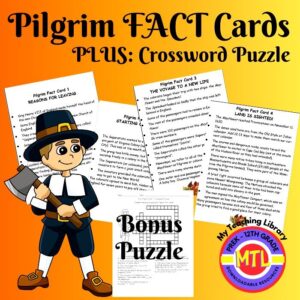 $2.00Buy Now
$2.00Buy NowThis resource gives you four Pilgrim Fact Cards:
– Reasons for Leaving
– Starting Over, Again
– The Voyage to a New Life
– Land is Sighted!Students will learn the answers to questions such as…Why did the Pilgrims leave England? Where did they move before crossing the Atlantic? What did they bring with them when coming to the New World? What is the name of the ship (not the Mayflower) that also brought pilgrims to Virginia? Why did the Wampanoag attach the colonists?
Included Bonus: A fun crossword puzzle!


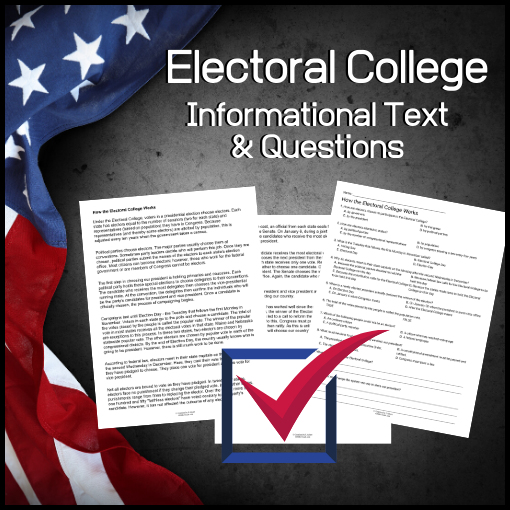
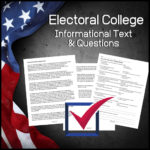
Reviews
There are no reviews yet.